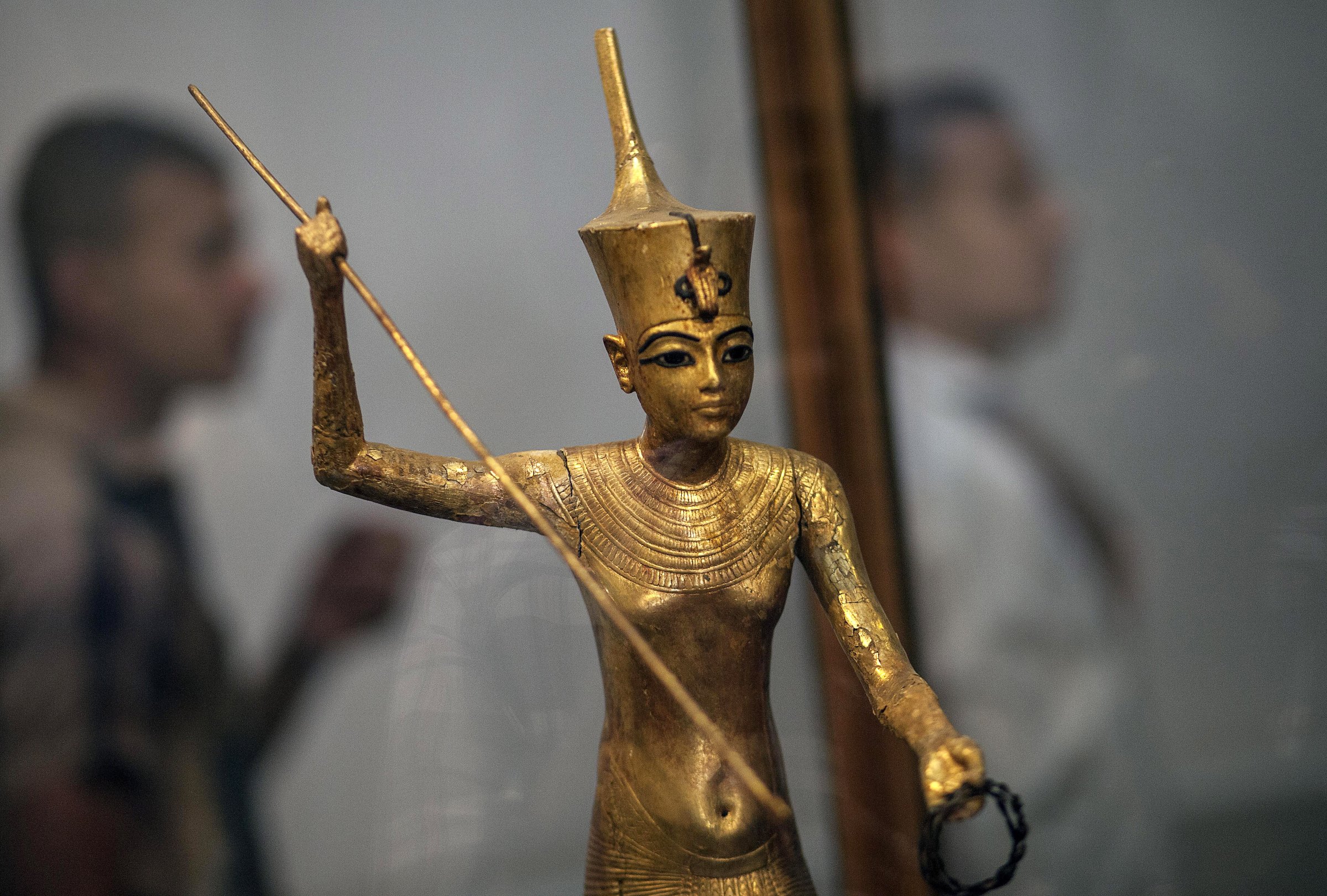
Tutankhamun was afflicted with severe genetic disorders, most likely because of inbreeding, according to an upcoming documentary on the legendary pharaoh.
The Egyptian king, who ruled from 1332 B.C. to 1323 B.C., is believed to have died at age 19 after medical complications following a leg fracture in a chariot accident. However, a recently conducted “virtual autopsy” revealed that he had a clubfoot that would have made riding a chariot close to impossible, according to the Independent.
“It was important to look at his ability to ride on a chariot and we concluded it would not be possible for him, especially with his partially clubbed foot, as he was unable to stand unaided,” said Professor Albert Zink, head of Italy’s Institute for Mummies and Icemen. However, Zink made it clear that a lot of research has yet to be done.
A simultaneously conducted genetic analysis of Tutankhamun’s family also revealed that his parents might have been brother and sister, resulting in genetic impairments that, Zink says, may have weakened him and contributed to his death. There were 130 walking sticks discovered in his tomb.
The new research is part of a BBC documentary called Tutankhamun: The Truth Uncovered, which will air on Oct. 26.
Read next: Facebook Reveals How Common It Is For Siblings to Have The Same First Initial
More Must-Reads from TIME
- Why Trump’s Message Worked on Latino Men
- What Trump’s Win Could Mean for Housing
- The 100 Must-Read Books of 2024
- Sleep Doctors Share the 1 Tip That’s Changed Their Lives
- Column: Let’s Bring Back Romance
- What It’s Like to Have Long COVID As a Kid
- FX’s Say Nothing Is the Must-Watch Political Thriller of 2024
- Merle Bombardieri Is Helping People Make the Baby Decision
Write to Rishi Iyengar at rishi.iyengar@timeasia.com